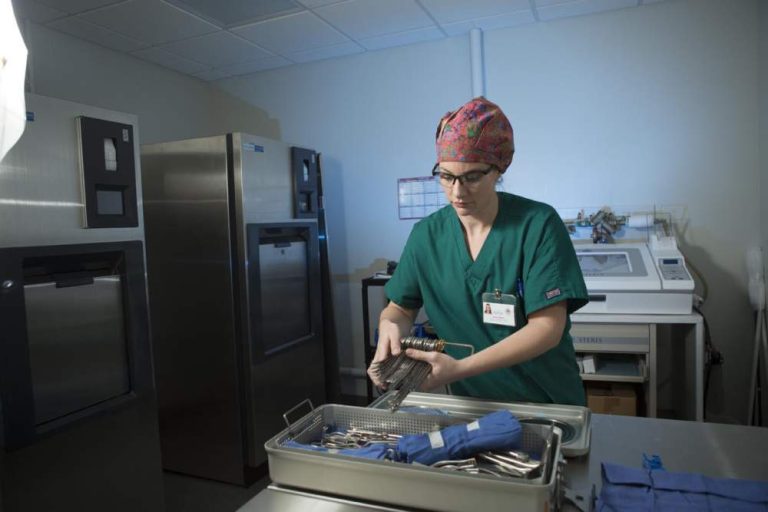Nashville, TN’s Higher Education Meets Growing Demand for Educated Talent Pool
Nashville's colleges and universities excel at creating programs and initiatives that help students succeed in the workplace and attract new business to Music City.

As relocating companies discover and choose Nashville, an educated and available workforce is even more essential to the region’s economic viability. Gov. Bill Haslam’s Drive to 55 initiative, which seeks to increase the percentage of Tennesseans with an associate degree or higher to 55 percent by the year 2025, is an ambitious plan to keep Nashville’s pipeline of talent flowing. Through innovative programs, the region’s colleges and universities are poised to meet the governor’s goal – and then some. Lipscomb University, for example, instituted a competency-based academic initiative designed to address workforce development needs. The program, which has gained national attention and been called a model for liberal arts colleges of the future, assesses a student’s prior learning and knowledge, then translates that into college credit.
“What we have that no other program in the country has is a Behavioral Assessment Center, so a student or an employee of one of our business partners can come through, and in a period of eight hours be assessed and be able to earn up to one year of college credit based upon the competencies they demonstrate during that eight hours,” says Charla Long, dean of professional studies for Lipscomb University.
“Research shows that when an institution can recognize the prior learning and competencies that someone brings to college, it increases the likelihood they’ll actually graduate,” Long says. “For African-Americans, they are three times more likely to graduate if they’ve been able to utilize some form of prior learning, and for Hispanics, they’re as much as five times as likely to graduate.”
Fulfilling the Promise
As part of the Drive to 55 initiative, Gov. Haslam signed the Tennessee Promise bill into law, which guarantees paid tuition for any high school graduate enrolled in a two-year community, technical or vocational college. The state has also partnered with Western Governors University to establish WGU Tennessee, an online, competency-based university that offers more than 50 accredited undergraduate and graduate degree programs in areas such as business, STEM education, information technology and nursing.
Along with furthering Gov. Haslam’s goal of providing more Tennesseans with access to higher education, the university has the potential to widen the pipeline of local talent available to new and existing industries by making it easier for working adults to obtain the skills necessary to advance their careers. Instead of earning degrees based on credit hours or time spent in class, students demonstrate competency by writing papers, completing assignments and passing exams that demonstrate their knowledge of the required subject matter.
Developing Skills for Industries
Investing in a trained workforce is vital to bringing more business and industry to the Nashville region, says Dr. Ronald Davis, vice president for academic and student affairs for Nashville State Community College.
“Degrees and certificates that are certified by professional organizations provide a standard of excellence that companies recognize,” Davis says. “When considering relocating or expanding locations, today’s businesses look first for an available trained workforce. As industry and business needs change, companies will need individuals who know how to continue learning after graduation. This is a major goal of Nashville State Community College.”
Among the ways Nashville State is working to increase graduation numbers are mandatory advising sessions for new students, implementing peer mentoring programs, encouraging students to select a career path early on and providing convenient access to classes through satellite campuses in southeast Nashville at Global Mall at the Crossings, in Dickson at the Renaissance Center and in Clarksville.
Other colleges and universities are also developing new degree and certificate programs to meet the needs of emerging and growing industries. Belmont University, for example, recently added programs in music therapy and publishing to its Curb College of Entertainment and Music Business. Belmont’s programs continue to meet the demands of Nashville’s $3.2 billion music industry.
Belmont also partnered with the Tennessee chapter of the Health Information Management Systems Society, the Nashville Health Care Council and the Nashville Technology Council to establish a health-care information technology accelerator to train IT workers entering the health-care industry. Vanderbilt University is constructing a new engineering and science building designed to promote more collaboration between students and faculty across STEM disciplines. The 230,000-square-foot building will include an Innovation Center that will connect students with industry mentors to help them transfer their discoveries and concepts from the lab into the marketplace.



